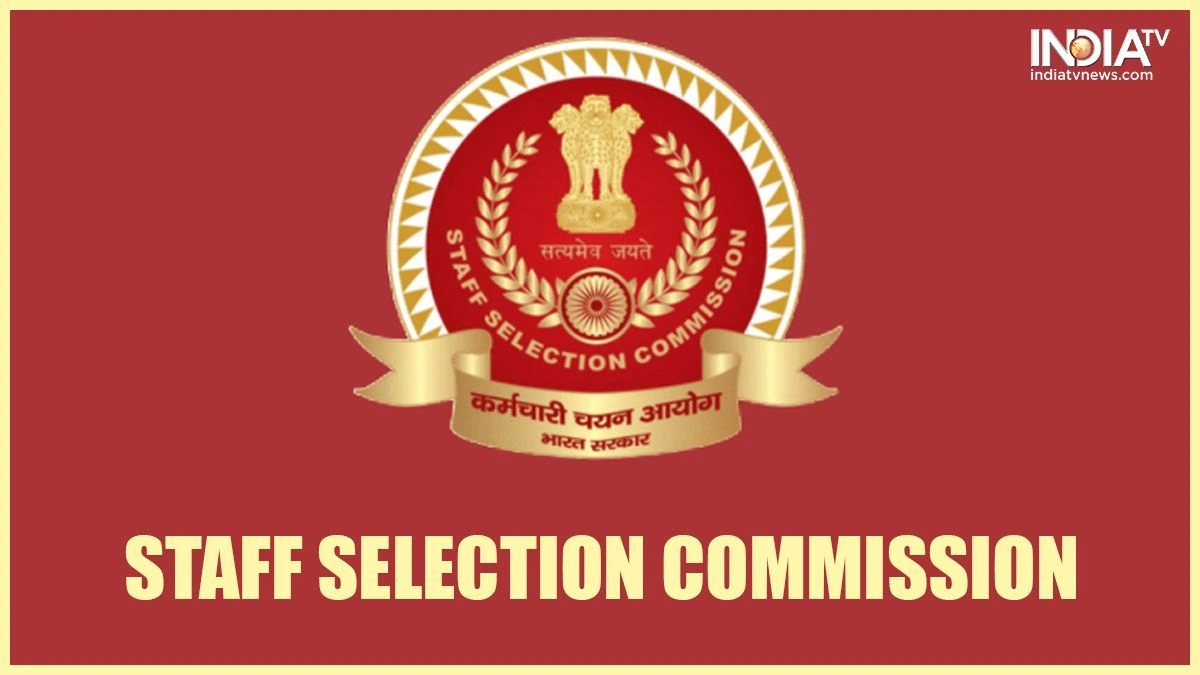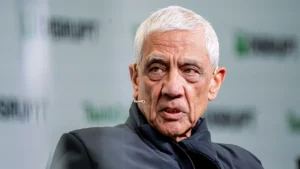The Unspoken Rules of SSC | What Toppers Know That You Don’t
Let’s have a real chat. You, me, and that massive pile of books threatening to take over your study table. You’ve downloaded every PDF, subscribed to a dozen YouTube channels, and your room probably looks like a stationery shop exploded. You’re doing everything you’re supposed to do to crack the big one the ssc exam.
But here’s a question that probably keeps you up at night: If everyone has access to the same Lucent’s GK and the same Rakesh Yadav math book, why do only a tiny fraction of aspirants make it? What’s the secret sauce?
I’ve spent years observing, talking to, and guiding aspirants on this journey. And I can tell you the secret isn’t a magical book or a hidden shortcut. It’s not about studying 18 hours a day until you burn out. The difference-maker, the thing that separates the selected from the stressed, is almost always invisible. It’s the mindset. It’s about understanding the unspoken rules of this marathon.
So, let’s push aside the mock test scores for a minute and talk about what’s really going on.
The Great SSC Illusion | Busting the “More is More” Myth
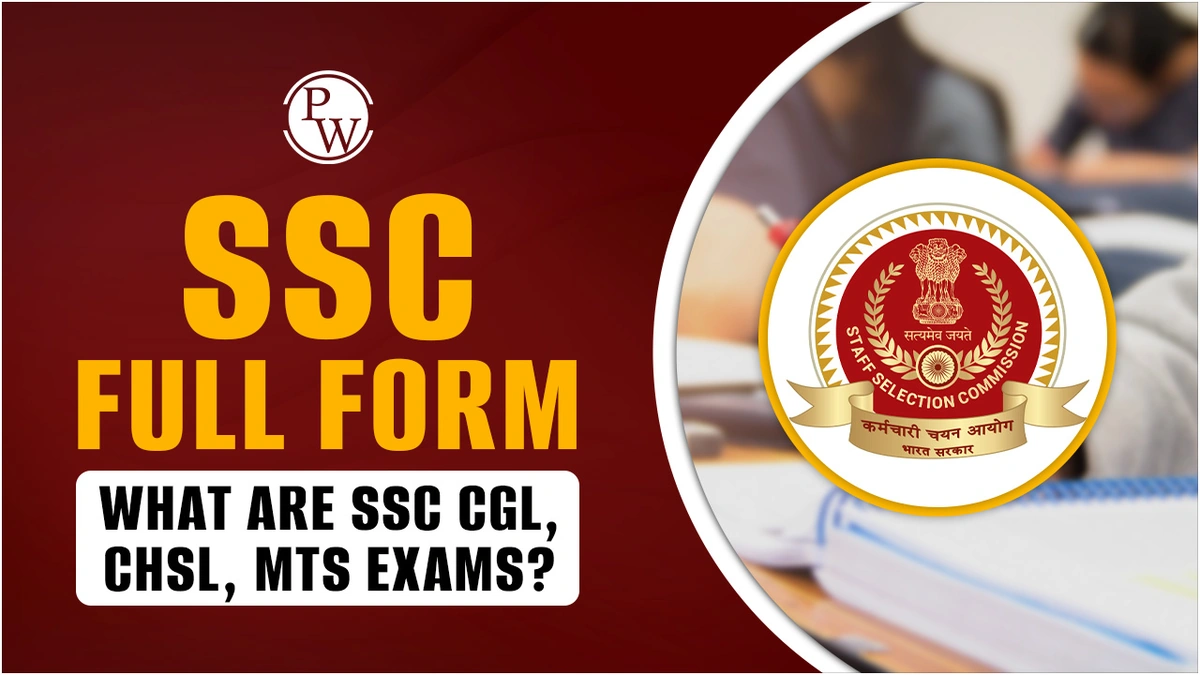
The first trap almost every new aspirant falls into is what I call “The Collector’s Fallacy.” You feel an urgent need to collect resources. One more Telegram channel, one more coaching institute’s notes, one more PDF compilation of “5000 Most Important MCQs.”
Sounds productive, right? It feels like you’re getting ahead.
But here’s the thing: it’s an illusion. In reality, you’re just building a digital and physical mountain of anxiety. Every unread PDF is a quiet reminder of what you haven’t done. This leads to a state of constant, low-grade panic and decision fatigue. You spend more time deciding what to study than actually studying.
Successful candidates understand the power of strategic minimalism. They don’t have 10 books for Polity; they have one Laxmikanth and they’ve read it five times. They don’t follow 20 current affairs sources; they pick one or two and stick to them religiously. Why does this work? Because deep learning and retention come from revision, not from a superficial tour of a hundred different sources. The goal isn’t to know a little about everything; it’s to master the core ssc syllabus completely.
Think of it like this: would you rather be a master of one weapon or a novice with ten? In the battlefield of the ssc cgl , mastery wins. Every time.
The ‘Consistency Engine’ | Why a Boring Routine Beats Bursts of Brilliance

We all love stories of someone cramming for a month and acing an exam. It’s dramatic. It’s exciting. It’s also, for the ssc , almost entirely a work of fiction.
This exam isn’t a sprint; it’s a cross-country marathon that can last for more than a year from the day the ssc notification drops to the final result. The person who wins isn’t the one who runs the fastest for the first kilometer. It’s the person who maintains a steady, sustainable pace throughout.
What fascinates me is the psychology behind this. We often think motivation is what we need. We wait for that jolt of inspiration to study for 12 hours straight. But motivation is fleeting. It’s an unreliable friend. Discipline, on the other hand, is the bedrock of success. Discipline is showing up and putting in your four or five focused hours even when you don’t feel like it.
A “boring” routine waking up at the same time, studying the same subjects in pre-decided blocks, and sleeping on time is your superpower. Why? Because it automates the process. It removes the daily mental battle of “Should I study now? Or maybe after this video?” A solid routine turns your ssc preparation into a habit, as natural as brushing your teeth. It’s the compound interest of effort. Small, daily inputs lead to massive results over time. Just look at the officialofficial SSC website; the exam cycle is long, and only a consistent engine can survive it. It is also an important part of the journey towardsIndependence Dayfrom financial worries.
Decoding the Exam Hall | It’s Not a Test of Knowledge, It’s a Test of Nerves
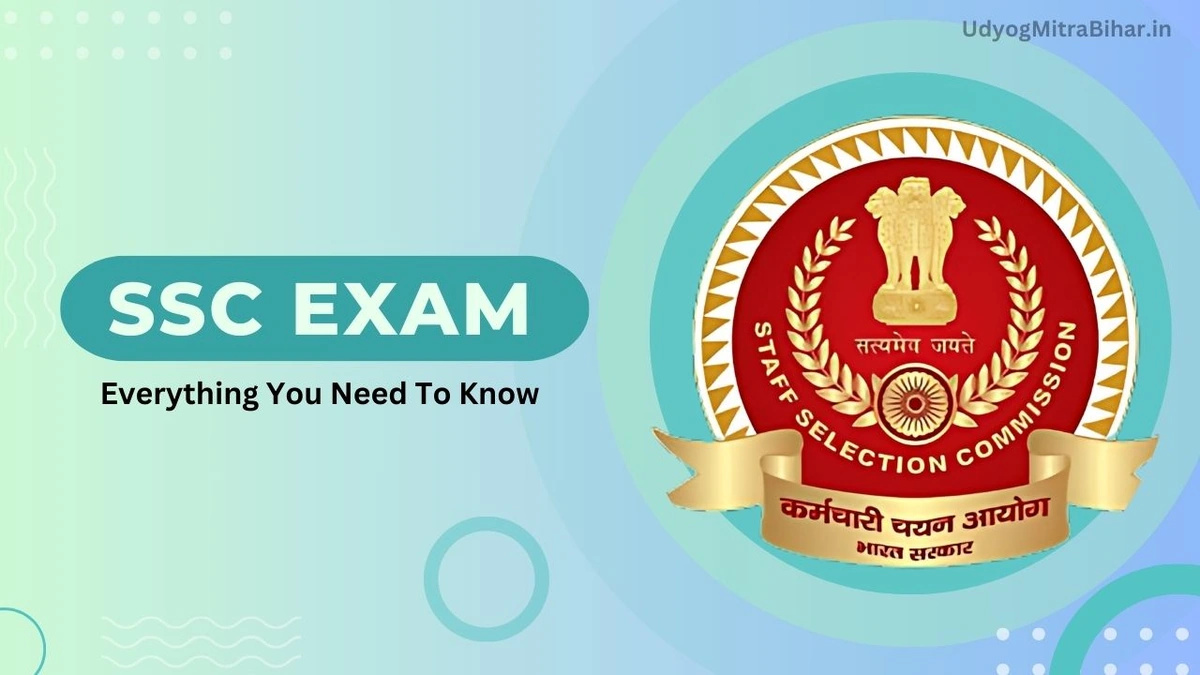
Let’s be brutally honest. On exam day, almost everyone in that hall has covered a similar amount of the syllabus. The differentiator isn’t just what you know; it’s how well you can access and apply that knowledge under immense pressure.
The exam hall is a psychological arena. The ticking clock, the challenging question you can’t solve, the sight of others furiously clicking away it’s all designed to test your composure. I’ve seen brilliant aspirants, people who scored 180+ in mocks, crumble and score 120 in the real exam. The reason? They lost the battle with their nerves.
Here’s the unspoken rule: The ssc exam is as much a test of your temperament as it is of your knowledge. Your ability to stay calm, manage your time effectively, and make smart decisions (like skipping a tough question) is what gets you through. A common mistake I see people make is getting stuck on a single ego-challenging question. “I’ve practiced this topic so much, I have to solve it!” Five minutes later, you’ve not only failed to solve it but have also sacrificed the time you could have used to answer three easier questions.
Mastering the art of letting go is crucial. Your mock tests shouldn’t just be for calculating scores. They should be practice sessions for your mind. Practice staying calm. Practice skipping questions. Practice managing every single second. This is the skill that truly sets you apart when it matters most.
Beyond the Cut-Off | What is an SSC Job Really Like?
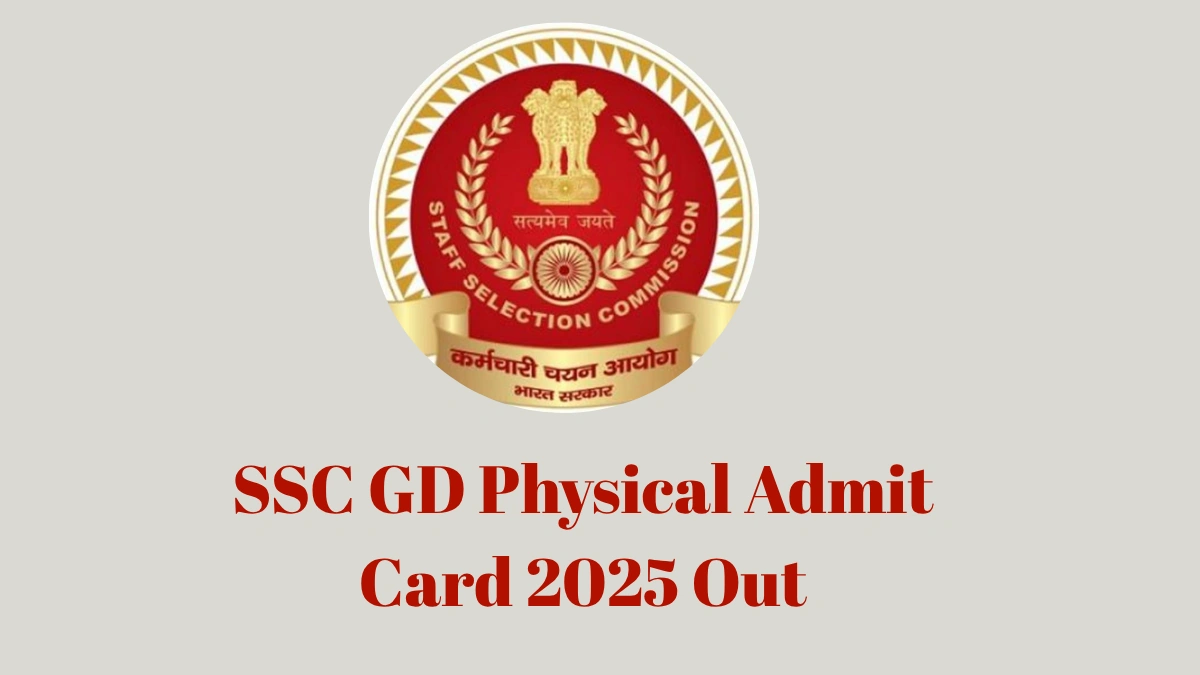
In the frantic race to secure a government job , we rarely pause to ask: what comes next? We see the destination a name on the holy PDF but we don’t think much about the journey that follows.
An ssc job , whether it’s an Assistant Section Officer through CGL or a clerk through ssc chsl , offers incredible stability, social respect, and a decent work-life balance. That’s the dream, and it’s a valid one. But it’s also important to have a realistic picture. It can involve transfers to different parts of the country. Career progression can sometimes be slower than in the private sector. The work itself may become routine over time.
Why am I telling you this? Because having a clear, grounded vision of your “why” is the ultimate fuel for your preparation. When you’re preparing not just for an exam but for a specific life, your motivation becomes more resilient. It helps you push through the days when you feel like quitting. It’s not just about cracking an exam; it’s about building a life. Know what you’re fighting for, beyond just the salary and the job title. Some people find inspiration in the stories of others, like the journey of aPakistani cricketer Haider Ali.
Your SSC Questions, Answered
Which SSC exam is the easiest to crack?
Honestly, “easy” is relative. Exams like SSC MTS have a simpler syllabus but face staggering competition, making the cut-offs incredibly high. Exams like ssc cgl have a more complex syllabus but might offer a better ratio of vacancies to serious candidates. The best exam for you is the one whose syllabus and job profile align with your strengths and interests.
How many hours a day should I study for SSC?
This is the wrong question to ask. The right question is, “How many focused hours can I study?” Four to five hours of deep, distraction-free work is far more effective than 10 hours of semi-distracted studying. Focus on quality, not just the quantity of time.
Is it possible to prepare for SSC without coaching?
Absolutely, yes. With the abundance of high-quality resources available online (many for free), self-study is more viable than ever. It requires more discipline and a solid strategy, but thousands of candidates succeed this way every year. Coaching provides structure, but it’s not a prerequisite for success.
What if I have a gap year? Will it affect my SSC selection?
No, not at all. The Staff Selection Commission does not penalize candidates for gap years. Your selection is based purely on your performance in the exams and meeting the specified eligibility criteria like age and education. Focus on your preparation, not your past.
Where can I find the official SSC exam calendar?
The most reliable source is always the official website. You can find the tentative annual ssc exam calendar on the homepage of ssc.gov.in. Always trust the official source over any third-party website for crucial dates and information.
In the end, this journey is about more than just a job. It’s a process that forges discipline, resilience, and a deep understanding of your own limits and strengths. The person you become during this preparation is the real prize. The job is just a very, very nice bonus. So, take a deep breath, clear the clutter from your desk, and focus on the one thing that truly matters: the steady, consistent, and intelligent effort you put in today.
